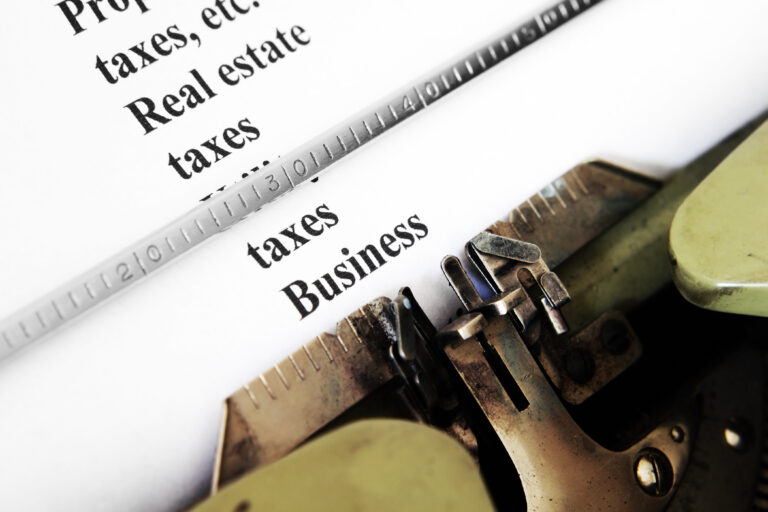The IRS has created a new rule to help real estate professionals deal with the confusion about when they are involved in business activities. The agency says that these individuals can qualify as rental enterprises if their primary goal is making money off of renting out properties rather than buying them, managing them for others, or trying both strategies at once–and it won’t cost you any extra taxes either!
With the world seeming like it’s falling apart, filing season has not been canceled. Your clients still have pressing tax questions for you to be able to answer! The final article in this series of busy-season tips is about income on real estate activities – and how that could qualify only to get them up close with their taxes at 20%.
Eliot Eiss authors JK Lasser & Barbara Weltman address these complicated yet important matters when dealing with trades or businesses engaged solely in rentable-producing properties.
Real Estate Enterprises
Whether you are an owner of a single property or are interested in multiple parcels, the IRS safe harbor involves rental real estate enterprises. This means that if your business produces revenue from renting out apartments and other buildings, then it can be protected by this law – no matter how many different types of rentals there are!
The IRS has rules about what is or isn’t considered used by taxpayers. For example, property rented out as your residence for more than 14 days will not be eligible under this safe harbor provision– meaning that you cannot take advantage even if it’s been paid off and insured! Triple Net Leases also don’t count towards these limitations because they require paying taxes, fees, etcetera alongside rent payments instead of just one set price per month (though there are some exceptions).
Safe Harbor Conditions
The requirements for a rental real estate enterprise to be treated as a safe harbor are very narrow. The QBI must meet all of these standards in order not only to qualify but also to receive the full benefits and incentives from their investments!
The taxpayer’s records show they have been running multiple rental real estate enterprises simultaneously. The books and accounts for each separate business are being maintained to reflect income/expenditure from this individualized venture accurately.
The person maintaining these documents must know how much they’re making and what their costs will amount to at any given time, so it’s essential to keep good notes and update them regularly!
Rental real estate companies in the U.S., including limited liability corporations (LLC), must meet 250 or more hours of rental services per year about their enterprise by performing these duties on behalf of themselves and employees who serve them during any three out of five consecutive taxable years that end within this current calendar year; time spent providing investor-type activities does not count towards fulfilling this requirement.
For 2020 and later years, taxpayers must maintain records documenting the amounts they spent on their services. These documents include time reports or logs detailing all work done at any given moment to ensure accuracy when claiming deductions for Qualified Business Income (QBI). For taxable periods beginning before this year’s deadline – such as 2019 tax returns filed after March 2nd but before April 15th- there is no requirement for clients are still required to keep track of themselves since it will be easy enough to prove what they deserve if claim payments were made from your enterprise!
To take profit of this safe harbor, you must attach a statement with all properties being treated as rental real estate enterprises and any acquired or disposed of during the year. You also need to satisfy conditions that have been met.
A person who files taxes underpays if they don’t include every interaction possible is easy enough for professionals like me!
Conclusion
The IRS has made a safe harbor for those who cannot meet the requirements of being in trade or business. However, suppose you still want to be able to use your QBI deduction even though it is not within that guidelines, position yourself as having profit motives and other indicia on how they believe someone could have been conducting themselves while working with real estate rentals. In that case, all rules apply under Code Sec199A!



